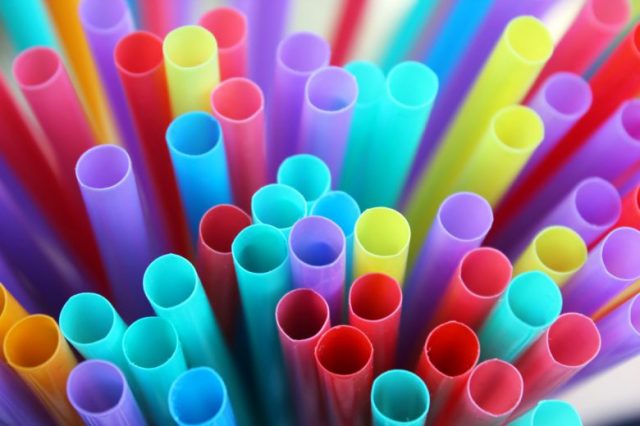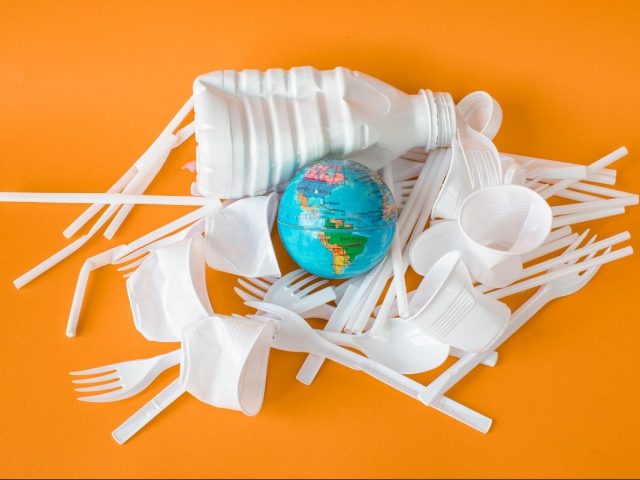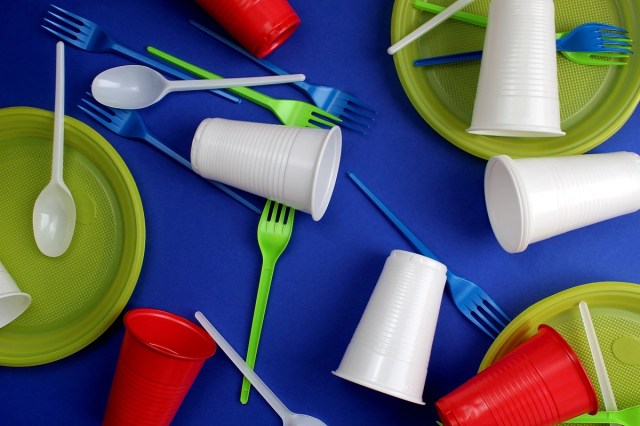
The New Zealand Ministry for the Environment has implemented further bans on hard-to-recycle and single-use plastics, removing plastic fresh produce bags or non-home compostable produce labels from supermarkets.
As of July 1, additional single-use plastic products are banned in Aotearoa New Zealand, including single-use plastic produce bags, plastic straws, plastic tableware (including plates and cutlery). Plastic produce labels will begin to be phased out.
These latest bans are part of a three-step process to remove some of the most problematic plastics in the country over the next three years.
In the first step of the program, in October 2022, the Ministry for the Environment banned polystyrene takeaway food and drink packaging, some PVC food trays and containers, and all cotton buds with plastic stems, plastics with pro-degradant additives, and plastic drink stirrers.
According to the Ministry for the Environment, every year, the average New Zealander sends 60kg of plastic waste to landfills, with only five per cent of soft plastics being recycled.
With the latest bans, the governing body aims to remove 150 million plastic produce bags from circulation each year, which is equivalent to 17,000 bags every hour of every day.
As of the beginning of July, the sale or manufacture of single-use plastic produce bags, described by the legislator as “unsealed plastic bags that are provided by the store or retailer to pack fresh fruits and vegetables at a place of purchase” is not permitted.
The ban includes recyclable, biodegradable, plant-based, and compostable plastics.
The regulations do not ban single-use plastic bags if they are part of the packaging for pre-packaged fruit or vegetables that are bagged before being put on sale, such as pre-packaged lettuce, sealed bags of fruit and vegetables, leafy greens and herbs in a plastic sleeve or bagged lettuce.
As alternatives, the Ministry for the Environment recommends the use of fibre-based bags free from Perfluoroalkyl and Polyfluoroalkyl Substances (PFAS) or reusable produce bags.
Supermarkets also have to phase out non-compostable plastic produce labels adhered to fruit or vegetables that are made from any material that does not meet home compostable standards AS 5810-2010 and NF T51-800.
The label adhesive and labels used on imported produce are not required to be home compostable until July 1, 2025.
The next round of bans, planned for mid-2025, will see all other food and beverage packaging made primarily from PVC or rigid polystyrene disappear from shop shelves.


